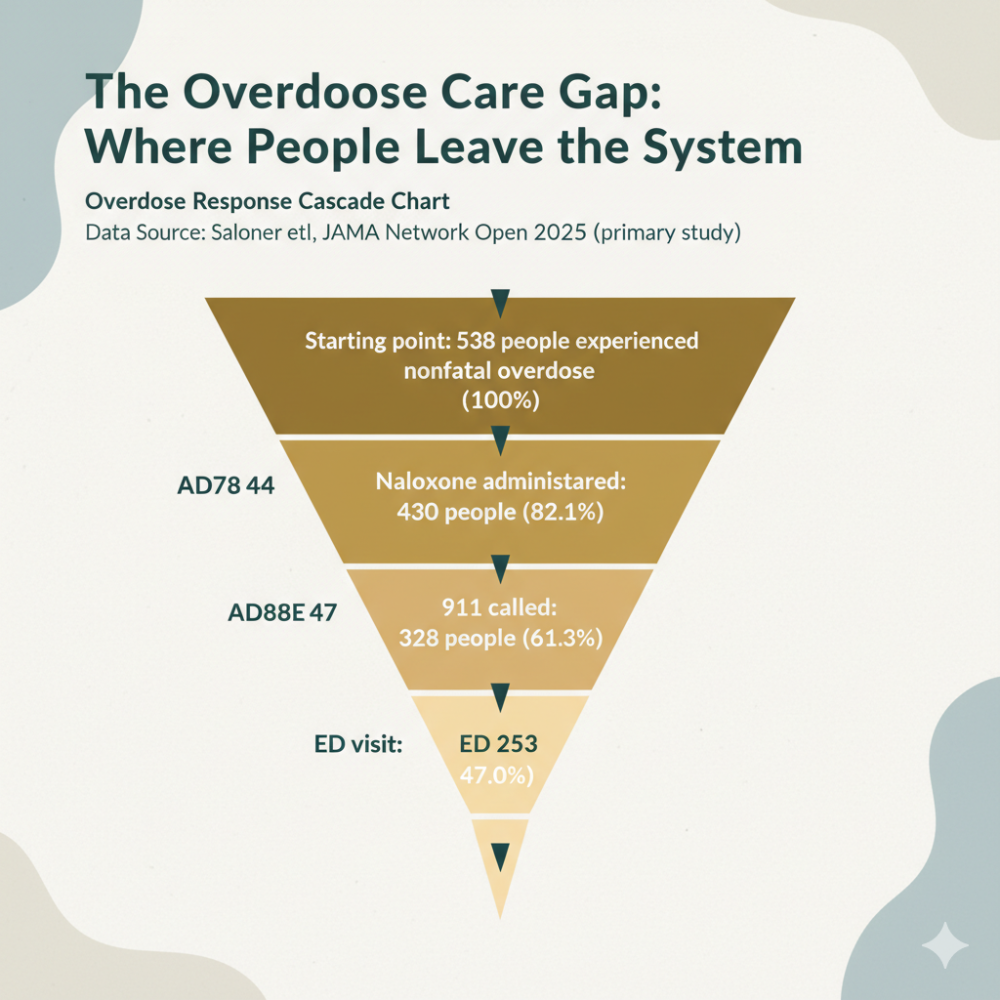Can You Detox While Pregnant?
Pregnancy is an exciting and transformative time in a woman’s life. It’s crucial for expectant mothers to prioritize their health and the well-being of their growing baby. Unfortunately, some women may find themselves facing the challenges of substance use during pregnancy. Substance misuse can have severe consequences for both the mother and the developing fetus.
Understanding Pregnancy and Substance Use Disorder (SUD)
Pregnancy should ideally be a period of joy and anticipation, but when substance misuse enters the picture, it can bring about significant complications. Substance use during pregnancy encompasses a range of behaviors, including excessive alcohol consumption, illicit drug use, and misuse of prescription medications. These substances can negatively impact the development and overall health of the fetus.
Substance misuse among pregnant women is a significant public health concern. In fact, the escalating rate of opioid consumption during pregnancy has contributed to a significant surge in neonatal abstinence syndrome, increasing from 1.5 cases per 1,000 hospital births in 1999 to 6.0 cases per 1,000 hospital births in 2013. On top of this, researchers recently found that nearly 14% of pregnant people reported current drinking.
Factors such as social and economic circumstances, personal history of substance misuse, and inadequate support systems can contribute to the prevalence of alcohol and drug misuse among pregnant women.
Risks and Complications
Maternal Health Risks
Substance use during pregnancy poses significant risks to the mother’s health. Women who use substances are more likely to experience complications such as high blood pressure, preterm labor, placental abruption, and increased rates of infectious diseases. Additionally, substance misuse can exacerbate mental health conditions, leading to increased stress and emotional turmoil.
Fetal and Neonatal Health Risks
Fetal Alcohol Syndrome (FAS) is a severe condition that can occur in babies whose mothers consume alcohol during pregnancy. It is characterized by a distinctive pattern of facial anomalies, growth problems, neurocognitive deficits, and other birth defects. The alcohol readily crosses the placental barrier, leading to direct and harmful effects on the developing fetus. A recent study has shown that even a small amount of alcohol during pregnancy can alter the structural configuration of the baby’s brain and postpone its developmental progression, leading to lifelong learning disabilities, behavioral problems, and cognitive impairments. Participating in an alcohol detox treatment can minimize these risks.
Opioid use during pregnancy is another significant concern, as these substances can also cross the placental barrier and impact the fetus. Exposure to opioids in an unborn baby can lead to Neonatal Abstinence Syndrome (NAS), a group of problems a baby experiences when withdrawing from the exposure to drugs used by the mother during pregnancy. Symptoms can include excessive crying, fever, irritability, seizures, slow weight gain, and trouble sleeping. Among women who use cocaine throughout pregnancy, 31% have a preterm delivery, and 15% have a premature detachment of the placenta. Furthermore, there’s an increased risk of low birth weight, stillbirth, and sudden infant death syndrome (SIDS). Participating in an opioid detox treatment program can help minimize these risks and provide support during an opioid withdrawal.
Seeking Professional Help
When facing substance misuse during pregnancy, it is crucial for expectant mothers struggling with alcohol addiction and drug addiction to seek professional help. Professional intervention is essential for ensuring the safety and well-being of both the mother and the baby.
Gallus Medical Detox Centers provide the necessary expertise and support to address the complexities of substance use during pregnancy. Our Team of healthcare professionals can guide expectant mothers through the detoxification process, monitor their health, and develop a comprehensive addiction treatment plan at our treatment center.
Treatment Options for Pregnant Women
Various addiction treatment options are available for pregnant women struggling with substance misuse. These options may include outpatient counseling, inpatient rehabilitation programs, medication-assisted treatment (MAT), and support groups. The choice of treatment depends on the severity of substance misuse, the specific substances involved, and individual circumstances.
Alcohol and Drug Detox While Pregnant
Detoxification, or the process of removing toxic substances from the body, is a crucial step in addiction treatment and overcoming substance use disorder. However, detoxification during pregnancy requires special considerations to ensure the safety of both the mother and the baby.
During a drug or alcohol detox, the body eliminates harmful substances and goes through a withdrawal process. This can be challenging, as sudden cessation of substance use can lead to withdrawal symptoms. The detoxification process should be supervised by healthcare professionals to ensure the safety of the mother and the baby. Healthcare providers may utilize a gradual tapering approach or prescribe medications to alleviate withdrawal symptoms while minimizing potential harm to the fetus.
Common Withdrawal Symptoms
Withdrawal symptoms can be distressing for pregnant women undergoing the detox process. Understanding and effectively managing these symptoms is essential for a successful detoxification process.
Drug and alcohol withdrawal symptoms vary depending on the substance involved but may include nausea, vomiting, tremors, anxiety, insomnia, irritability, and cravings. Healthcare professionals must assess and address these symptoms promptly to provide comfort and support.
Medications and Interventions for Managing Withdrawal
In certain cases, medications may be prescribed to manage withdrawal symptoms during pregnancy. These medications are carefully selected and administered under medical supervision to ensure their safety and effectiveness. Non-pharmacological interventions, such as counseling, support groups, and behavioral therapies, also play an important role in managing withdrawal symptoms.
Importance of Emotional and Psychological Support
Detoxification while pregnant requires comprehensive supportive care to address the emotional and psychological needs of the expectant mother. Pregnant women undergoing detoxification may experience heightened emotions, anxiety, and stress. Providing emotional support, counseling, and therapy can help them navigate the challenges and uncertainties associated with substance use and pregnancy.
Counseling and therapy are integral components of supportive care during detoxification. These interventions can help expectant mothers explore the underlying factors contributing to substance misuse, develop coping strategies, and learn healthy ways to manage stress and cravings.
Ensuring a Healthy Pregnancy
Beyond detoxification, ensuring a healthy pregnancy involves a holistic approach that encompasses prenatal care, lifestyle modifications, and relapse prevention strategies.
Importance of Prenatal Care
Regular prenatal care is essential for monitoring the health and development of the mother and the baby. Healthcare professionals can provide guidance on nutrition, prenatal vitamins, and necessary screenings to ensure a healthy pregnancy.
Prenatal care also offers an opportunity to address any concerns or challenges related to substance misuse and receive appropriate support through our addiction treatment programs.
Avoiding Relapse
Preventing relapse is a vital aspect of ensuring a healthy pregnancy and successful recovery. Expectant mothers should participate in a treatment program to establish a strong support network, engage in therapy or counseling, attend support groups, and develop coping mechanisms to prevent relapse and maintain sobriety.
Recover at Gallus Medical Detox Center
Pregnancy alcohol and drug detox is a challenging but essential process for expectant mothers struggling with substance misuse. The risks and complications associated with substance use during pregnancy necessitate professional intervention and support.
Through a proper alcohol and drug detox program that effectively manages withdrawal symptoms and provides comprehensive care, women can increase the chances of a healthy pregnancy and a positive outcome for both themselves and their babies. If you or a loved one are struggling with substance misuse while pregnant, reach out to us today.


 Steve B
Steve B 
